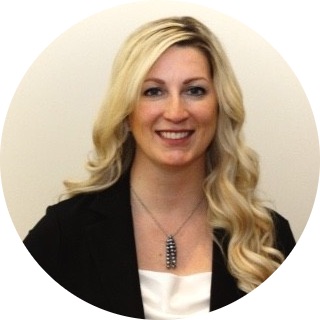Are culture fit interviews by HR helpful or harmful?

A major part of the hiring process is figuring out whether a candidate is a good culture fit. But assessing that is rarely easy.
Some employers in recent years have reworked their hiring processes to better evaluate personality, character and overall compatibility between a candidate and the company. And some say it’s necessary to find the best person for the role who will feel like they truly fit in and stay with the organization. But others say it could make getting a job feel more like trying to get into a sorority or fraternity by perpetuating existing biases and leading to hires who look and act like those who already work there.
Notions around “fitting in” at one’s workplace have greatly shifted in the past few decades, according to Khyati Sundaram, CEO of ethical AI recruitment platform Applied. “Culture fit is very nebulous. It’s very indistinct, and quite often it’s represented by feelings. It’s the answer to the question: how do I feel when I talk to this person?” Sundaram said.
Today both workers and employers are shifting their focus to whether there is more of a values alignment rather than culture fit. Employers are getting clearer and more vocal about their values, but “it is a very, very difficult task. A lot of the time employees would argue those values end up being platitudes, and that’s precisely what you do not want,” Sundaram said.
Some of those values might include empathy, honesty, innovation or social justice, to name a few. At D2L, an education technology company, willingness to learn and constant improvement are key company values. And assessing candidates’ eagerness to learn and hunger for knowledge is an important part of the interview process, said Amy Clark, the company’s chief people officer.
D2L offers two personal learning days a year where staff can take paid time away to take D2L courses on a variety of topics, like AI, finance and leadership skills. Staff also receive $4000 in tuition to take courses on their own time annually. During interviews they’re made aware of those benefits, and often asked questions like: “How have you sought out opportunities to grow yourself? What are your expectations of an organization to support your learning journey as you enter into this new role?” Clark said.
Culture fit comes up early in interviews too. “It’s important that they have those conversations early on in the hiring process, so we can make sure that it’s not just us attracting the right people, but it’s a two way street,” Clark said.
Cleo, an AI personal finance assistance company, also employs a “cultures and values fit” stage during interviews, aiming to help teams avoid hiring people who ultimately could do the job, but likely won’t thrive at Cleo specifically, according to Annie Jackson, head of talent.
Cleo’s core values as an organization include self awareness, emotional intelligence and balancing positivity with realism, and questions during that stage are tailored to assess whether there’s alignment, Jackson said. “For example, we might ask someone to tell us about a time they’ve been part of a project with conflicting priorities and/or opinions and how they managed that, or a time they managed to stay positive in a challenging environment,” she said.
Khyati favors structured interviews, where candidates are asked the same set of questions in the same order, and their responses are then rated and compared. The questions are tailored to “allow you to understand how this person will behave in the job,” she said.
“It’s trying to put guardrails in place to remove the inherent biases that humans have, and that all of us have. You probably are not going to test for favorite football teams in your structured interview questions,” she said.

